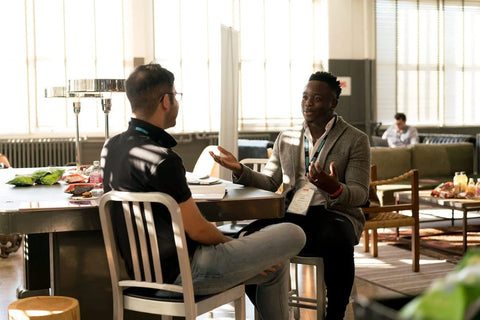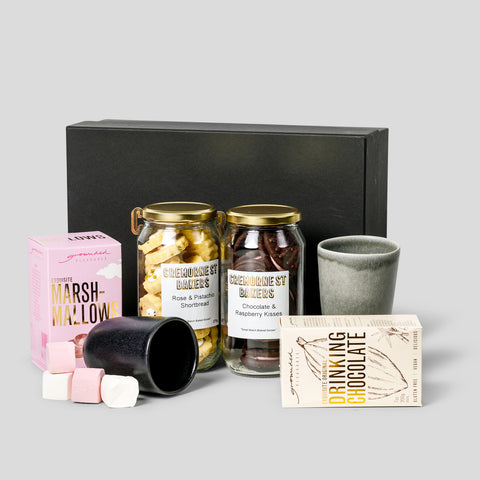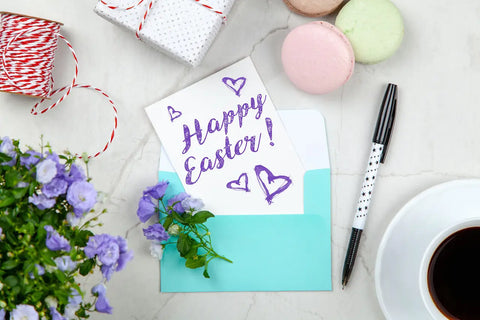Mentoring is an important part of life. It not only helps you in your career but also helps you to become a better person.
It can be hard to express your gratitude to someone who has helped you out, but it's something that should definitely be done if you want to keep them motivated and inspired.
In this post, we'll go through the reasons why mentoring is so important and how best to thank a mentor for their time and support
Why Is Mentoring So Important?
Mentoring is a two-way relationship: the mentor and mentee each have something to offer—and both need something in return.
Mentors provide guidance, experience, and knowledge to their protégés. Mentees benefit from the opportunity to learn from their mentors' experiences and successes, as well as the chance to gain an understanding of how they can apply these lessons toward developing themselves professionally or personally.
Mentorship can help you find your path in life if you're unsure about where you want it to lead; it can help guide you toward your passion; it will also allow you to discover what strengths make up your character so that you may work on improving upon them or capitalising upon them during conflicts with other people (which could potentially lead one day towards becoming a mentor yourself!).
How Do You Thank A Mentor For Their Time?
A mentor is someone who can help you with your career, business or life. Mentors can be found in many places, including the workplace, your family and friends, and online.
They are people who have been through what you are going through and want to share their experience so that it doesn't happen again. Mentors don't always have to be older than you or more experienced than you. Sometimes mentors will be contemporaries with whom you can learn from each other.
How Do You Honour Your Mentor?
Although the best way to thank anyone is with a handwritten note, there are other ways in which you can express your gratitude. For example, if you want to honour your mentor but don’t want to meet them in person, consider sending a gift card or flowers. You could also take them out for lunch or coffee (or even dinner) if that’s feasible.
You may also wish to write them a letter thanking them for all of their guidance and support over the years. This could take the form of an email through LinkedIn or email them directly on their personal account; it could be typed up as a formal letter on paper, or it could be written as an article (this is what I did).
What Gift Should I Give My Mentor?
As you prepare to thank your mentor, it's important to consider what kind of gift will be meaningful to them. The best way to do this is by asking yourself a few key questions:
-
What is special about my mentor? (Is their birthday coming up soon?)
-
What could I get them that would fit their personality and lifestyle?
-
How much time do I have left before the event or meeting where I will be giving the gift?
Finding the Right Words to Say
As you begin to write your letter of gratitude, you may find yourself struggling to find the right words. Here are some tips for writing an effective thank-you letter:
-
Be sincere and show your gratitude. You're not just thanking a mentor because they taught you how to do something—they took the time out of their busy schedule to help guide and support you through whatever situation was going on in your life at that moment. A simple "thank you" will never be enough!
-
Give examples of what you learned from them. The best way to show how grateful you are is by sharing what they taught or showed you during your time together that has helped shape who you've become as an individual today. This could come in the form of anything from personal anecdotes about how their guidance helped turn around problems at work/school/home, advice about overcoming challenges/debilitating fears (or even creative blocks), or little things like useful career tips outside of their field which made all the difference when applying for jobs later down the line.
-
Be specific about what exactly made an impact on your life—and why it did so much good! Being vague leaves room open for interpretation; using too many adjectives might bring less attention than necessary; etcetera... so make sure everything feels authentic and speaks directly to those involved without sounding forced or insincere!
Examples of Words of Appreciation for Mentors
-
Thank you for your guidance and support.
-
I appreciate all the time and effort you have put into my career.
-
I am grateful for all the advice and encouragement you have given me.
-
I am so lucky to have you as my mentor.
Sample Letters to Thank a Mentor
Thank You Letter to Mentor:
Dear [Mentor’s name],
Thank you so much for your time and support this past year. Your guidance and encouragement have been invaluable, and I am grateful for everything you have taught me. I hope that we will continue our relationship in some way as I move forward in my career.
[Mentor’s name], thank you again for all of your help this year!
Best Gift Hampers To Give A Mentor As A Thank You
You have a mentor. You love that your mentor is always there for you, offering advice and guidance and support. To show your appreciation, you want to thank them with the best gift hampers.
While we all appreciate regular old gifts like flowers or chocolates, they’re not exactly memorable—and they’re not nearly as luxurious as the luxury gift hampers we sell at [our store]. Our hand-picked collection of high-end items will be sure to impress even the most discerning recipient!

Conclusion
If you want to show appreciation to the person who has been your mentor, then write a card or letter. If they are local, consider dropping by and saying thank you in person. Or if they are not close by, you can send them an email or a phone call. It's important to remember that every mentor is different, so be sure to choose your words carefully based on how close this person was with them as well as how well they know each other (or don't know).




